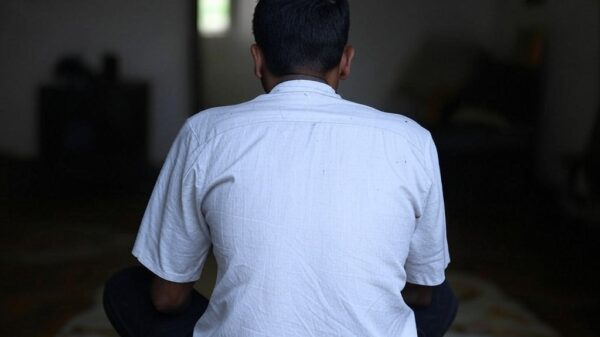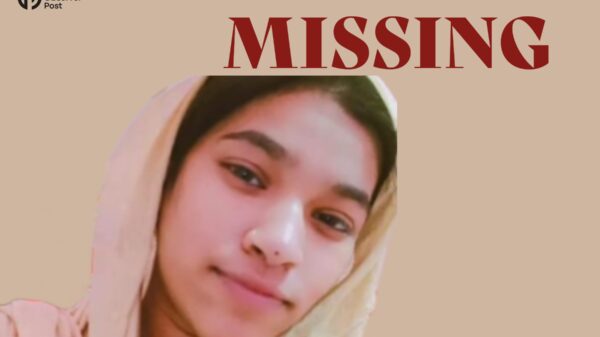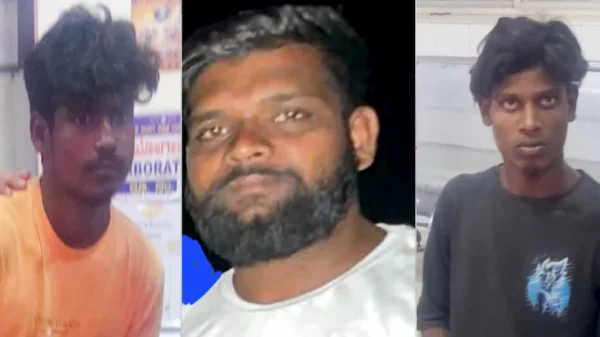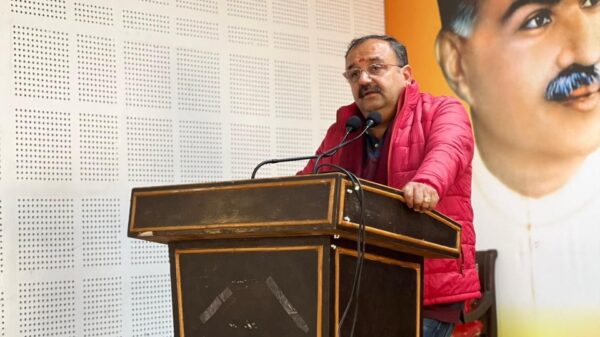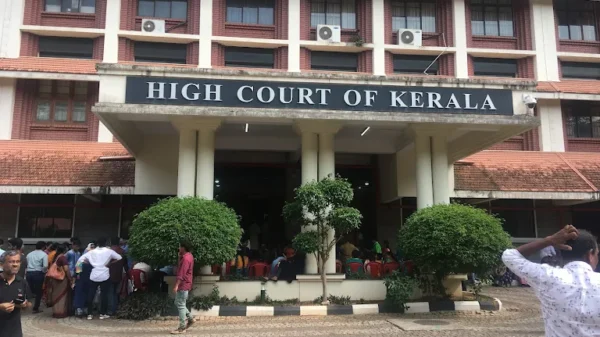The Jammu and Kashmir Students Association (JKSA) has raised concerns about discriminatory treatment faced by over two dozen Kashmiri students at the Government College of Nursing, Holenarasipur, Karnataka. The students, enrolled under the Prime Minister’s Special Scholarship Scheme (PMSSS), are reportedly being forced by the college administration to either trim their beards to a “01” trimmer length or be clean-shaven.
In a letter addressed to Karnataka Chief Minister Siddaramaiah on Saturday, the JKSA highlighted that students who refuse to comply with these grooming restrictions are being marked absent from clinical duties, which negatively impacts their attendance and academic performance.
The college, which operates under the Hassan Institute of Medical Sciences and is affiliated with Rajiv Gandhi University of Health Sciences, Bengaluru, has enforced these grooming standards as a condition for participating in college activities and clinical duties.
The JKSA said that personal appearance, including the choice to grow a beard, is an important part of individual freedom and religious identity. The association argued that forcing students to alter their appearance violates their rights and fosters an environment of exclusion and fear.
“This is not just an issue of personal grooming; it is a matter of fundamental rights. No student should be forced to choose between their education and their beliefs,” the letter read.
The association urged the Karnataka Chief Minister to intervene, calling for the protection of students’ constitutional rights and an end to what it described as discriminatory practices. The JKSA also appealed for the promotion of inclusivity and tolerance within Karnataka’s educational institutions, emphasizing the state’s reputation for valuing diversity.
While the college administration was unavailable for comment, sources told the media that the grooming requirements were intended to maintain a professional appearance, particularly due to the nature of the nursing profession. These sources said that the policy was not meant to disrespect the students’ religious beliefs.









